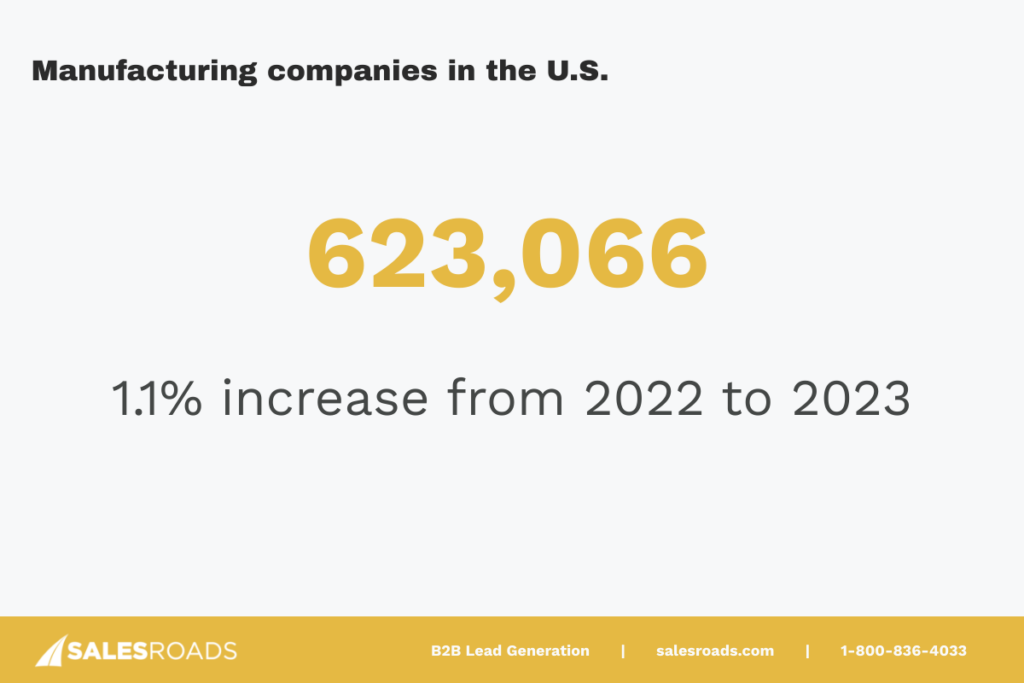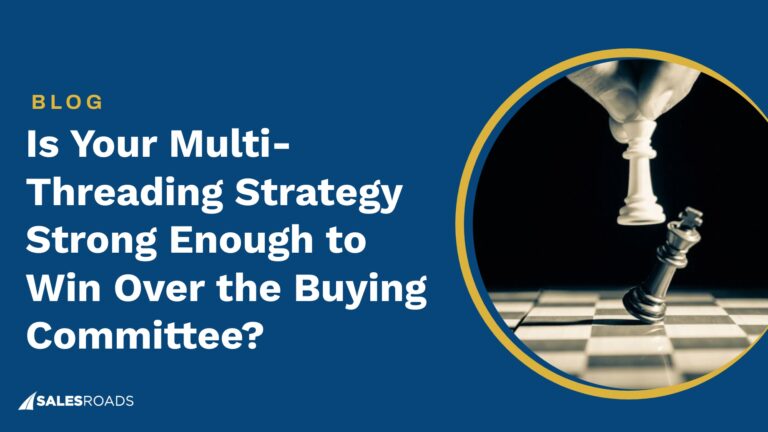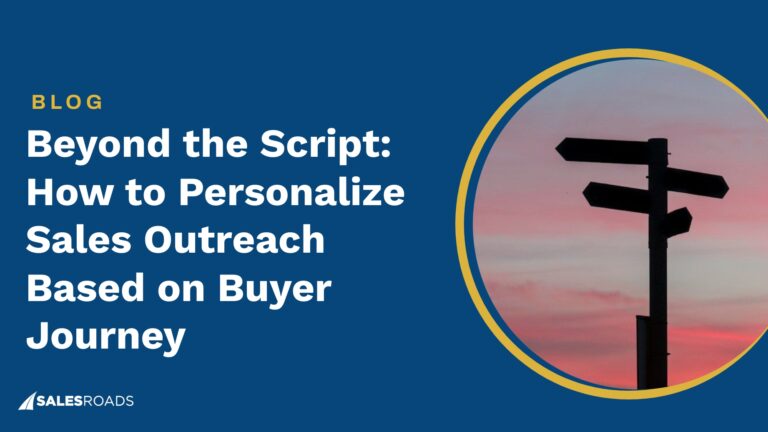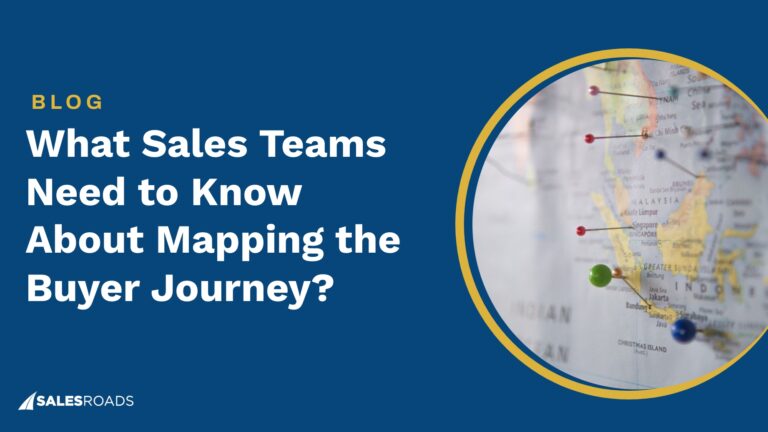Manufacturing companies are integral to the global economy, producing a wide array of goods for individuals and other businesses. When booking sales appointments with decision-makers in the manufacturing industry, sales reps face multiple challenges that they need to overcome to be successful.
Roadblocks in Appointment Setting with Decision-Makers in the Manufacturing Industry
Setting appointments within the manufacturing sector involves navigating a distinct set of challenges that can significantly hinder efficiency. Key among these challenges are:
Understanding Your ICP

Manufacturing companies come in various forms, each specializing in different areas. As of 2023, the United States is home to 623,066 manufacturing businesses, marking a 1.1% rise from the previous year, so recognizing the right type of manufacturing company for your product is crucial.
This involves looking beyond just revenue, size, and locations, and understanding the specific needs and priorities of different manufacturing entities because an appointment setting strategy that works when targeting a large multinational corporation might not be effective for a smaller, local manufacturer.
Two things that’ll help you are analyzing your best customers and using them as models for the types of companies to target and determining whether the engagement should be at the corporate headquarters level or the facility level.
This approach helps in understanding your ICP in-depth and avoids targeting the wrong prospects.
Identifying the Right Persona
Manufacturing companies often have complex organizational structures with multiple layers of decision-making authority, so one of the primary challenges is accurately identifying the right persona.
Understanding the specific responsibilities and influence of roles like operations managers, plant managers, procurement specialists, and engineers is key, and who has the decision-making authority or influence over purchases related to your product is critical.
A simple solution is to create a score list and rank the preferred titles for outreach. For instance, if the service is geared toward operations, it’s crucial to target someone like a Director of Operations, a VP of Operations, or a Plant Manager.
Rank the titles within organizations and prioritize your outreach based on that.
Long Sales Cycles
The typical B2B sales cycle spans just over three months, yet in the manufacturing sector, this cycle can extend significantly, often ranging from 12 to 18 months.
Several factors contribute to the extended sales cycles in manufacturing: the complexity of products that require extensive research and evaluation, multiple stakeholders and varying levels of authority, budgetary considerations, the physical nature of manufacturing, deal size, and internal bureaucratic procedures.
However, by understanding these dynamics and being strategic in outreach, reps can navigate this complex landscape. First and foremost, it’s important to cultivate patience.
When reaching out to decision-makers in the manufacturing industry, you should follow up consistently and strategically, offering additional information, addressing specific concerns raised during the initial call, and demonstrating your genuine interest in building a long-term relationship.
Remember, decision-makers are often busy, and multiple touches may be necessary before securing an appointment.
Challenges with Connection Rates
The average call-to-connect ratio hovers around 3.84%, and this figure can drop further in the manufacturing industry without sufficient expertise and resources.
The unique working environments in manufacturing, where decision-makers often spend time on the production floor and away from their desks, necessitate creative strategies for connection, such as direct phone lines, strategic voicemail leaving, and follow-up emails.
Understanding their preferred contact times is equally important. You can schedule calls accordingly in your CRM system to enhance connection rates.
Outdated Databases
According to the Bureau of Labor Statistics, the manufacturing sector’s average employee turnover rate stands at 39.9% so keeping track of changes in roles, departments, and internal hierarchies is a challenging task and requires dedicated resources that many sales teams may not have.
An outdated or incomplete database results in reps spending a significant amount of their time on non-revenue-generating activities.
U.S. businesses in the B2B sector face substantial financial losses due to invalid data, with an annual impact of a staggering $3.1 trillion. Having a dedicated data ops team tasked with regular database maintenance can help your sales team reach out to the right decision-makers.
Your reps should work closely with your data team to ensure regular database maintenance. This process might involve granular strategies like using specific SIC or NAICS codes to identify the right companies.
An updated database is essential to avoid wasted efforts and to ensure that outreach is directed toward the correct decision-makers in a timely and efficient manner.
Why is Outsourcing an Effective Strategy for Appointment Setting with Manufacturing Individuals?
These obstacles require enhanced expertise and more sophisticated training to refine their skills and meet their objectives, and so this demands a greater investment of time and resources.
Outsourcing appointment setting to a vendor with specialized expertise in the manufacturing sector and its decision-makers offers a streamlined path to achieving your sales goals.
Experience within the Sector
Specialized vendors bring a wealth of experience tailored to the manufacturing industry. Their understanding goes beyond the basics, from knowledge of industry-specific regulatory compliance to understanding the manufacturing organization’s decision-making process.
For example, when engaging with a procurement officer at a manufacturing company about a complex machinery component, a sales rep with specialized knowledge can navigate discussions about compliance with safety and environmental regulations that pertain to the manufacturing sector. They would understand the implications of these regulations on procurement choices and how they impact the manufacturing process.
Such expertise allows reps to align their product’s features with the organization’s compliance requirements and decision-making framework, leading to more relevant and impactful conversations.
Access to Up-to-Date Sector Database
Manufacturing outsourcing partners typically maintain extensive, up-to-date databases of key figures in the manufacturing world. They have specialized teams dedicated to researching and updating these contacts regularly. Their skill in mining and validating data from industry-specific sources is invaluable for pinpointing and engaging with the right decision-makers.
Instead of relying on a generic prospect list, you can benefit from a partner who provides a list that’s not only accurate but also relevant to your specific industry niche.
Flexibility and Scalability at Its Best
The need for sales resources can ebb and flow, especially in an industry like manufacturing where market demands can be unpredictable.
An outsourcing manufacturing partner can effortlessly scale their services up or down to match your changing needs, ensuring you’re not overextending resources during quieter periods or scrambling during peak times.
AEs Focus on Closing the Deal
When account executives are bogged down with both prospecting and deal-closing, their effectiveness can take a hit. By outsourcing the prospecting aspect, your AEs can zero in on what they do best – closing deals.
Rapid Expansion in the Pipeline
Leveraging their specialized knowledge and strategic sales techniques, an outsourcing provider with a focus on the manufacturing sector can generate a higher volume of opportunities right out of the gate compared to an in-house team lacking this specific industry focus.
Case Study: Transforming the Manufacturing Landscape – Körber’s Partnership with SalesRoads
For an inside look at how outsourcing manufacturing process can be an effective tool for reaching manufacturing targets, let’s explore how Körber Supply Chain’s collaboration with SalesRoads has significantly enhanced their market penetration:
Challenges Körber Faced in the Industry
Körber, a leader in warehouse management systems, faced a challenge in bringing attention to their innovative autonomous mobile robotics (AMR) and voice & mobility solutions amidst the highly competitive landscape of the manufacturing industry.
The onset of the COVID pandemic and subsequent shifts in the supply chain landscape also made it crucial for them to effectively market these solutions.
They recognized the need to reach a wider audience and educate potential clients about the benefits of their emerging technologies, particularly during a time when the industry was experiencing significant disruptions and evolving demands.
Strengthening Körber’s Industry Footprint
In response, Körber engaged with SalesRoads in October 2021. SalesRoads, with its expertise in the manufacturing industry, built a dedicated team to represent Körber’s new solutions.
This initiative broadened their outreach and brought a focused approach to targeting the right segments in the market.
Reflecting on the partnership’s success, Körber’s VP of America’s Marketing, Paul Roberts, noted, “SalesRoads really dug into our business and created a sales playbook that matched our brand. We’ve seen significant pipeline and revenue generated and have complete trust in the quality of the appointments coming from SalesRoads.”
From October 2021 to July 2022, the partnership resulted in 246 appointments. This effort contributed to $6.2 million in sales pipeline and over $1 million in closed revenue. The strategy also enabled Körber to unlock additional revenue through upselling to existing clients.
Read the full case study here.










